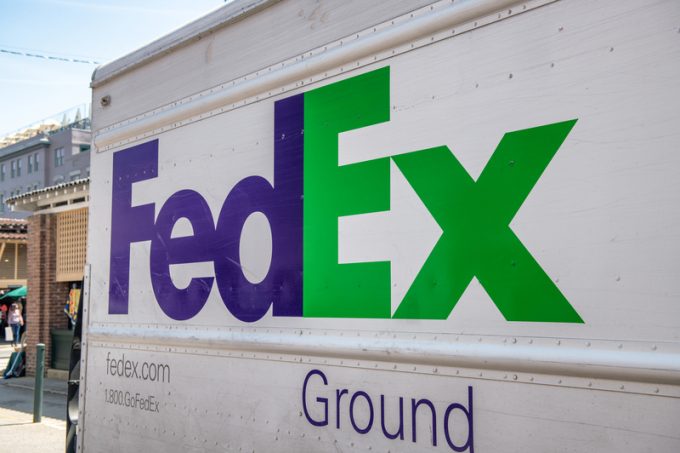FedEx message regarding passing of founder and executive chairman Frederick W. Smith
June 21, 2025 10:13 PM The following is a message sent to FedEx team members. Team, It is ...

FedEx plans to extend the Christmas shopping season throughout the year. After the 2019 Christmas rush the integrator will not shift down a gear on residential deliveries in the US seven-days-per-week to a Monday-through-Saturday pattern as it normally does.
Instead, it will operate a seven-day delivery ...

Comment on this article